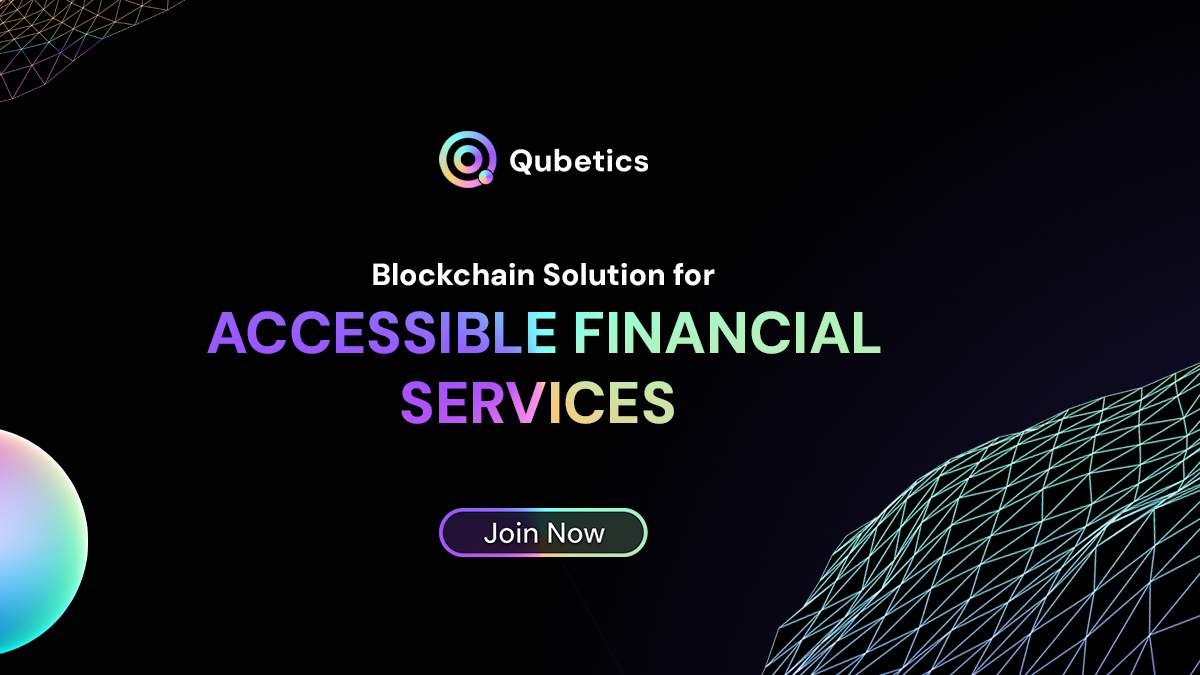Emerging Cryptocurrency Projects with Life-Changing Potential

In the rapidly evolving world of cryptocurrencies, identifying projects with real potential can be daunting. However, several projects are emerging as leaders by addressing significant financial challenges. Qubetics ($TICS) is at the forefront, tackling the volatility that has hindered institutional adoption. By utilizing a smart contract-powered token management system, Qubetics ensures price stability, making it an attractive option for financial institutions. The ongoing presale, currently in Phase 5, has already raised over $1.4 million, with token prices set to increase weekly. Analysts predict that if $TICS reaches $10 post-launch, investors could see an astonishing ROI of 62,500%, highlighting the immense potential for early adopters.
Another noteworthy project is Arbitrum, which enhances Ethereum’s scalability through its Layer 2 solution. By offloading transactions from the main Ethereum chain, Arbitrum allows for faster and cheaper transactions without sacrificing security. This scalability is crucial as high gas fees continue to plague Ethereum, and Arbitrum’s seamless integration empowers developers to deploy decentralized applications efficiently. As the DeFi landscape grows, Arbitrum’s role in improving user experience and transaction efficiency positions it as a vital player in the ecosystem.
Stellar and Bittensor also stand out in the crypto space. Stellar focuses on revolutionizing global payments, enabling fast, low-cost cross-border transactions, particularly for the unbanked. Its decentralized network connects financial institutions, facilitating seamless money transfers. Meanwhile, Bittensor is decentralizing artificial intelligence, allowing participants to train and share AI models on a collaborative network. This innovative approach democratizes access to AI and accelerates development. Together, these projects—Qubetics, Arbitrum, Stellar, and Bittensor—offer unique solutions to modern financial challenges, making them worthy of attention in the ever-competitive crypto market.
Related News





